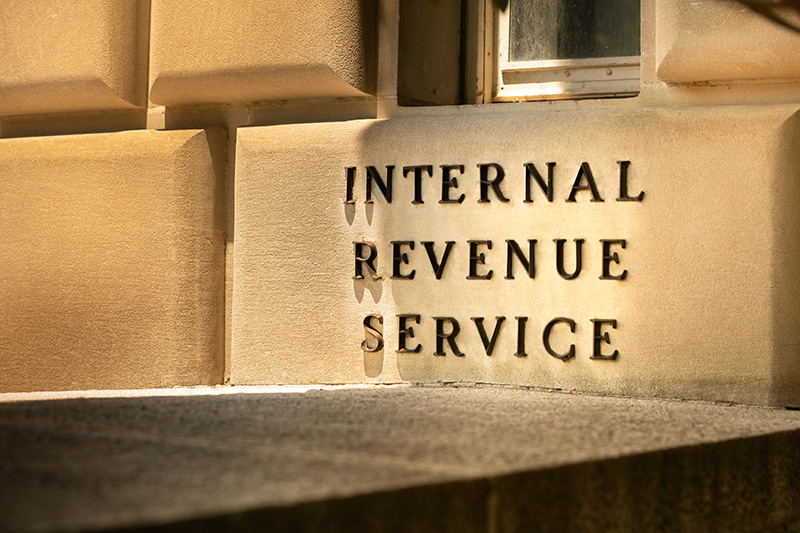Why does the IRS Audit Tax Returns?
June, 20 2022 by Kate Ferreira, CTEC
There are a few things in life that are universally unpleasant to experience: stepping in gum, getting a flat tire, going to the dentist, and having to go through an IRS audit. Some of these things might be slightly less painful than others, but at the end of the day, you might wonder, why me? If you have ever gone through an audit with the IRS or are just curious why the IRS audits tax returns in to begin with – you are in the right place.
The IRS website defines an audit as “a review/examination of an organization's or individual's accounts and financial information to ensure information is reported correctly according to the tax laws and to verify the reported amount of tax is correct.” That is all fine and dandy – but how does one get selected for an audit?
First, it is important to note that just because you received an IRS audit notice, it does not always mean that there is a problem with your tax return. The IRS uses various methods when selecting a return for audit and anyone is at risk of receiving an audit notice – even when it appears there may not be an obvious error or omission on the return.
Random selection and computer screening:
Sometimes, the IRS randomly selects returns for audit as part of the IRS’s National Research Program (NRP). The IRS describes this program as “a comprehensive effort by the IRS to measure compliance for different types of taxes and various sets of taxpayers. NRP will provide a statistically valid representation of the compliance characteristics of taxpayers. Types of voluntary compliance include filing compliance, payment compliance and reporting compliance.”
During this type of audit, the IRS may thoroughly review a limited section of a taxpayer’s return (for example, the Child Tax Credit claimed or mortgage interest deduction on Schedule A) or examine every entry the taxpayer made on their return. When the IRS conducts a NRP audit on every entry, it is not just the income, deductions, withholding, and credits that are reviewed. The taxpayer may be required to submit documentation to show where they reside or prove their marital status. Taxpayers undergoing an NRP audit should anticipate that the examination may take months.
Related examinations:
When the IRS audits a trust, partnership, or corporation entity, sometimes the associated beneficiaries, partners, or investors individual returns might also be selected for audit or vice versa. This is known as a related examination.
Mistakes:
There are cases where a taxpayer has received an audit from the IRS because something on their tax return was incorrect.
Many taxpayers use tax preparation software, such as TurboTax, and anytime a person is entering numbers into a program, there is always room for human error. You might have forgotten to enter a zero, clicked a “3” instead of a “4,” or rounded up incorrectly. We all make mistakes; however, the IRS does expect that the math entered on a tax return is correct and that you have the documentation to prove the data is accurate. Double and triple-checking all numbers when inputting them into your return is always a good idea.
Another common mistake taxpayers make is failing to report income. Whenever a W-2 or 1099 is issued to a taxpayer, the IRS is also made aware. Be sure to have all the proper documentation prior to preparing your tax return and be diligent in reporting all income received. If you believe you received a W-2 or 1099 in error, contact the issuer and request the error be revised and that a corrected Form W-2 or 1099 is sent to the IRS. If you are unable to get a corrected form from the issuer, be prepared to provide the IRS documentation that supports your claim that the income reported is incorrect.
These are just a handful of the most common reasons the IRS will issue a taxpayer an audit. The best thing to do is be prepared and to take your time when gathering documentation and preparing your return. Additionally, having audit defense for your tax return is a great way to have peace of mind in the event of an audit.
If you are curious about audit defense and want to learn more, click here to get started!





